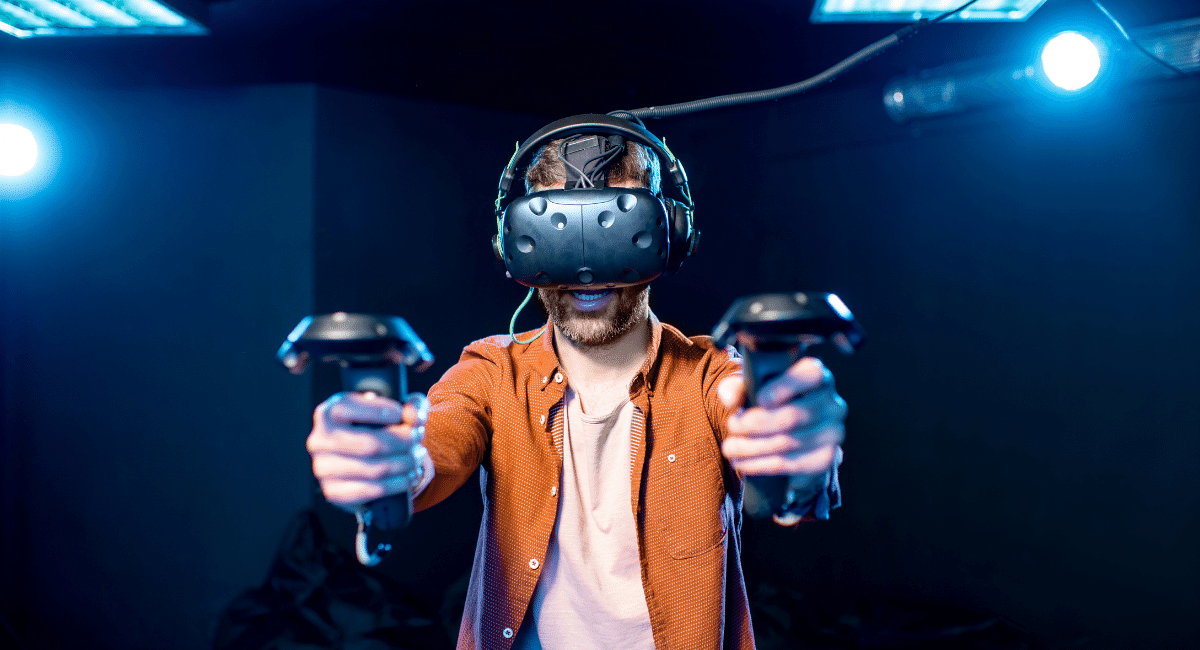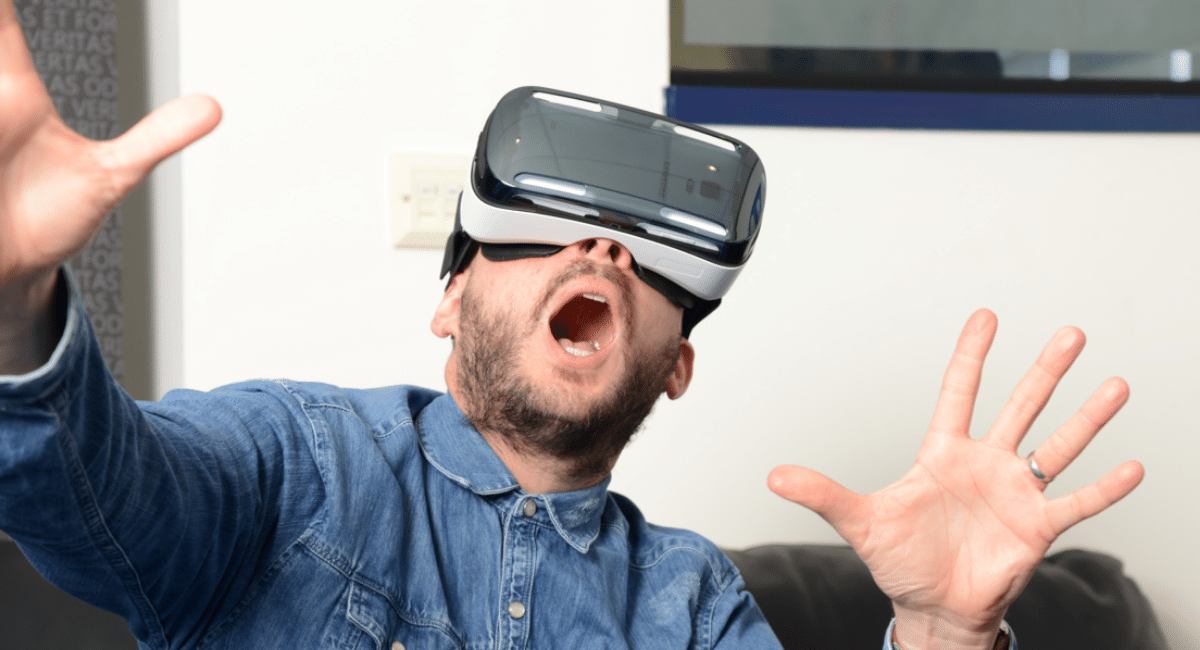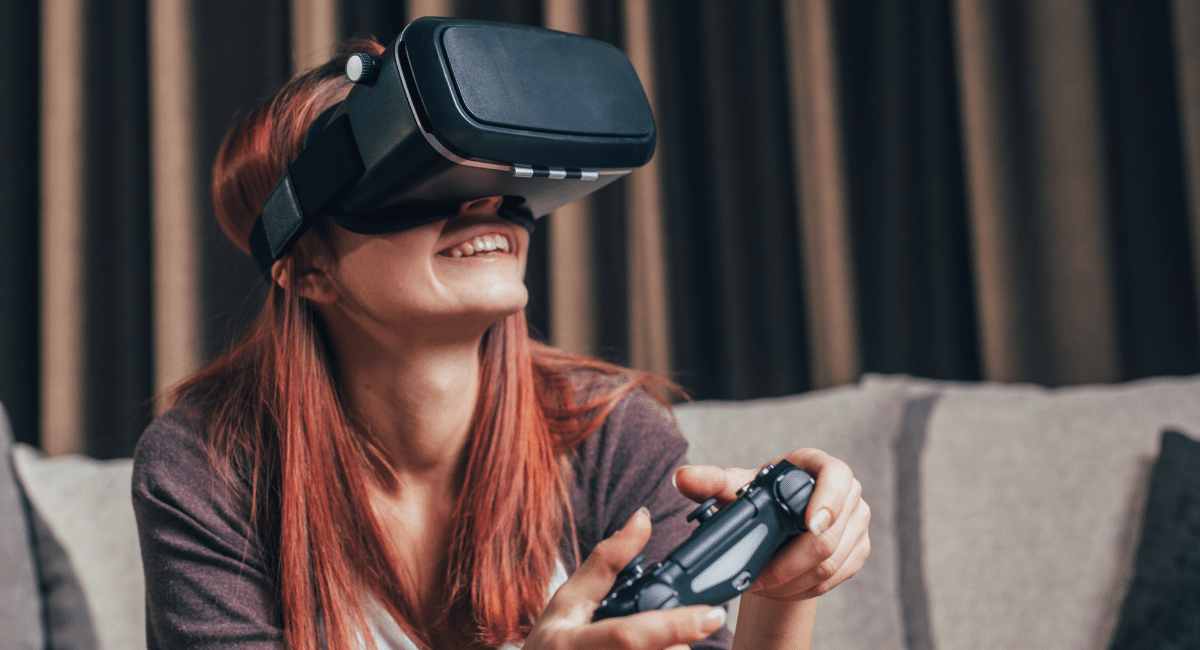In the ever-changing world of technology and retai...
news-extra-space

 Kelly adds, "In a virtual setting, the inverse is true. An individual's visual system perceives the rush from a roller coaster ride while sitting on a coach. The dissonance can make someone want to hurl even without the stomach drop or whiplash." "We know people can adapt to sea sickness through repeated exposures. After several days on a boat, they'll start to feel better,"
"My research team and I want to figure out to what extent people can adapt to cybersickness and whether their adaptation in one VR experience can carry over to others." A study with 150 UG students showed that the symptoms improve within three sessions each of 20 minutes. But people find it more challenging to adapt to cybersickness and VR environments which are more prone to motion sickness. Kelly, along with two professors, Stephen Gilbert and Michael Dorneich from the department of industrial and manufacturing engineering and a Ph.D. student in Taylor Doty, set out to select people with no prior experience with VR.
Kelly adds, "In a virtual setting, the inverse is true. An individual's visual system perceives the rush from a roller coaster ride while sitting on a coach. The dissonance can make someone want to hurl even without the stomach drop or whiplash." "We know people can adapt to sea sickness through repeated exposures. After several days on a boat, they'll start to feel better,"
"My research team and I want to figure out to what extent people can adapt to cybersickness and whether their adaptation in one VR experience can carry over to others." A study with 150 UG students showed that the symptoms improve within three sessions each of 20 minutes. But people find it more challenging to adapt to cybersickness and VR environments which are more prone to motion sickness. Kelly, along with two professors, Stephen Gilbert and Michael Dorneich from the department of industrial and manufacturing engineering and a Ph.D. student in Taylor Doty, set out to select people with no prior experience with VR.
 The players played the same VR game for 20 minutes during the first three rounds. Kelly stated, "We wanted the game to be fun enough that the participants would only stop playing from cybersickness, not boredom."
During the game, the participants were constantly questioned if they were feeling any cybersickness, and they noted the duration of each match. In the final round, the players played in the same condition but with a narrative-driven VR puzzle game. Kelly stated that both games were moderately intense for cybersickness, and the researchers removed the option of comfort settings so that the chance of getting sick was at maximum. Most of the participants in the first session said they felt too ill to complete the game, and by the 3rd session, participants had dropped by a quarter.
The players played the same VR game for 20 minutes during the first three rounds. Kelly stated, "We wanted the game to be fun enough that the participants would only stop playing from cybersickness, not boredom."
During the game, the participants were constantly questioned if they were feeling any cybersickness, and they noted the duration of each match. In the final round, the players played in the same condition but with a narrative-driven VR puzzle game. Kelly stated that both games were moderately intense for cybersickness, and the researchers removed the option of comfort settings so that the chance of getting sick was at maximum. Most of the participants in the first session said they felt too ill to complete the game, and by the 3rd session, participants had dropped by a quarter.
 Kelly noted, "This, along with the finding that sickness ratings on day three were 20% lower than on day one, shows that people adapt when playing the same game repeatedly." "We also found a correlation where people who reported frequent motion sickness from cars and boats also experienced greater cybersickness from VR. So it's possible people with more frequent motion sickness didn't adapt as easily because they felt sicker with VR."
The team's main aim is to conduct studies to understand the gender difference with cybersickness. Kelly said their long-term goal is to provide a training session and a VR headset for new users.
LAS SEED Grants For Social Sciences funded the study.
Kelly noted, "This, along with the finding that sickness ratings on day three were 20% lower than on day one, shows that people adapt when playing the same game repeatedly." "We also found a correlation where people who reported frequent motion sickness from cars and boats also experienced greater cybersickness from VR. So it's possible people with more frequent motion sickness didn't adapt as easily because they felt sicker with VR."
The team's main aim is to conduct studies to understand the gender difference with cybersickness. Kelly said their long-term goal is to provide a training session and a VR headset for new users.
LAS SEED Grants For Social Sciences funded the study.
Leave a Reply






